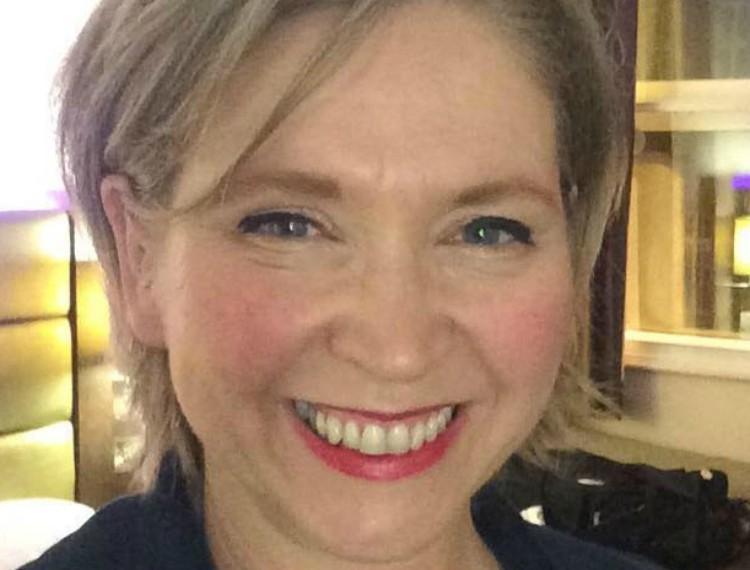FE’s Identity Crisis

One of the highlights of recent months for me was the #ReImagineFE conference in Birmingham. What made it stand out was that the architecture of the day provided spaces in which to think, something we don’t do enough of in education – or at least not in the sense of thinking differently about how things might be. What emerged very clearly from that day was a sense of fractured identity.
Am I an educator, a teacher or – in the tradition of Northern College and the WEA – a tutor organiser? Am I a facilitator, or ‘just’ an assessor? Is what we do education for adults? Is it post-compulsory? (Not any more, for the many people mandated to study with us). Is it lifelong learning or is Jeremy Corbyn the only person to still use that outdated term? Is it further, adult, community education and skills? (I’m acronym-phobic, I’m not buying into ‘FACES’.) What if I’m a co-ordinator? (Strictly speaking, that’s what it says on my badge). Does that mean I’m not a teacher any more? And where do I work? Is Northern College still an SDI? What on earth is that? Am I in work-based learning (errr yes, as a teacher educator – but apparently no). Are we a private training company? (yes but no but). Which of a handful of unions are we in, or none at all? Where does The College of Teaching fit in? What’s this all about?
There’s no wonder I don’t get out much. I wouldn’t know how to describe what I do!
I’m joking, but not really. If – as I believe – the language we use shapes how we think, we’re in trouble. These many categories of educator mean that we fail to identify with one another in common cause.
Rather than engage in debate about what means what, I’d rather think about how we come to find ourselves here and what we can do to get ourselves out of this mess. So, for the purpose of this article, I’m going to refer to what we do as ‘teaching’ and where we work as ‘lifelong learning’. I don’t have any strong preference for either of those terms.
In the main, we get into teaching because we have some sort of social purpose, making-a-difference mission. I’ve rarely spoken to any teacher who says anything different. This means that we closely identify with the work we do, whatever our job descriptions call us, and in a complex landscape, we are called different things in order that we can be paid differently. Yet the work we all do is teaching and those of us on the lowest, most precarious, grades don’t try any less hard to do the best we can. So we are identifying with a vocation, perhaps a profession and – inevitably – we are also identifying with a label, a pay grade, a place in a hierarchy. All of that begins to take its toll, as does the workload, the media hype and the scrutinised, results-driven culture. Creepingly, collectively, the self-esteem of our vocation goes south. As autonomy is eroded, we lose a sense of our own agency. And, when we do recover a spark of resistance, the stratification of our job roles means there are few people with whom to make common cause. We are left with the choice of battling on our own, or giving in.
We need to reverse this because we are wasting our energies and if lifelong learning is to have a future it needs our help. I am proposing that a coalition of representative bodies – Tutor Voices, the Unions, ETF, The College of Teaching – put their names to a simple survey of the workforce, to decide on some common terms. That will ensure reach, but we will only change the way we think if we change our language, so it’s then beholden on all of us to actually use the majority terms, even if they are not what we would have chosen. As part of my own affirmative practice, I will start the ball rolling and maybe you will help by circulating the survey throughout your own networks?
Once we’ve distilled the wordpool we can start to get on terms, not just amongst ourselves but with other sectors of education – schools, universities and whatever gets invented in the future as a vehicle for learning. Lifelong learning is still breathing because of the love and graft we put in. Imagine if we can stop comparing ourselves to one another and think collectively about how education as a whole can genuinely support transformational learning from cradle to grave.
Lou Mycroft, Teacher Educator at The Northern College and blogs at www.teachnorthern.wordpress.com, and is a founding member of Tutor Voices www.tutorvoicesblog.wordpress.com












Responses